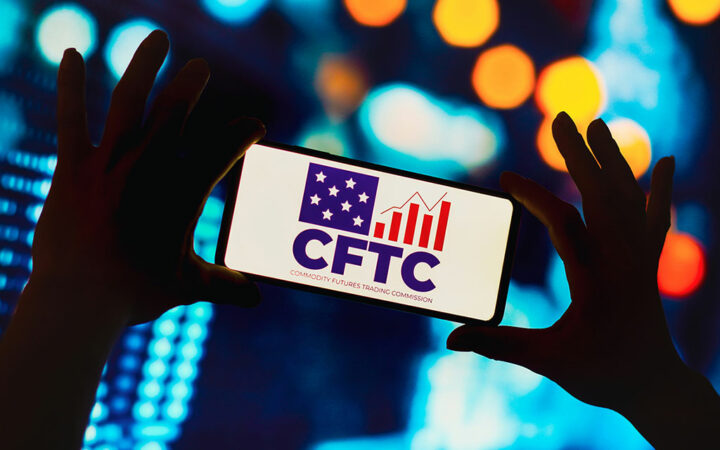Many experts are saying that Lithuania is modeling its legal framework after South Korea, which requires traders to confirm their ID when making a crypto transaction. This was part of the country’s plan to completely ban anonymous transactions and minimize any sort of money laundering cases in the future.
Although Lithuania’s primary goal in regulating cryptocurrencies is also about complying with the European Unions anti-money laundering guidelines, their implementation of the law is far more drastic. Meaning that the trader needs to have already confirmed their identity with the payment provided, in this case, the cryptocurrency exchange that they will be using.
This does not necessarily mean that the country is banning anonymous transactions completely.
When Will it be Passed?
At the moment, there is no clear information about the date of the bill passing into law, but it’s obvious that it’s right around the corner.
One reason could be the Russian Federation’s implementation of the law, which would put Lithuania and all of its Baltic neighbors in direct contact with Russian crypto holders trying to diver their assets out of the country.
In order to prevent any unnecessary financial or political mishaps, as well as solidify their position in the EU, Lithuania was forced to adopt the regulation.
Every transaction above 1000 Euros will be subject to ID verification which the trader themselves will be requested to provide, but the ultimate responsibility lies with the company providing the transaction services.
The only exception of the regulation will be the ICO investors, who will be asked to identify themselves in the case of 3000 Euros purchase for securities tokens.
Overall, it’s simply a run of the mill implementation, but a crypto tax law will definitely follow soon. Since the government will have much more resources in identifying the largest crypto holders, traders and investors in the country, they will have an easier time enforcing those tax laws.
However, many industry experts have come out campaigning against the implementation of a crypto tax, arguing about the nurturing of local consumer purchasing power.
Regardless of what happens, it seems that the bill will be passed in at least a few weeks, and Lithuania will join the ranks of other EU member states that have implemented a similar framework.
Was it Too Late?
You may be aware of the G20 Summit has already agreed on spreading crypto regulation guidelines to all of the sovereign nations on June 21st, therefore passing this bill will be quite a silly decision by Lithuania, considering the fact that they will have to make amendments after studying the G20 guidelines.
Therefore, traders shouldn’t expect the official law to pass before the end of June 2019.
Disclaimer: Coinspeaker is committed to providing unbiased and transparent reporting. This article aims to deliver accurate and timely information but should not be taken as financial or investment advice. Since market conditions can change rapidly, we encourage you to verify information on your own and consult with a professional before making any decisions based on this content.

Konstantin has been working in the financial services industry since 2011. He is over-viewing various updates in the technology, regulation, and market movements. He's passionate about cryptos and all things financial.





